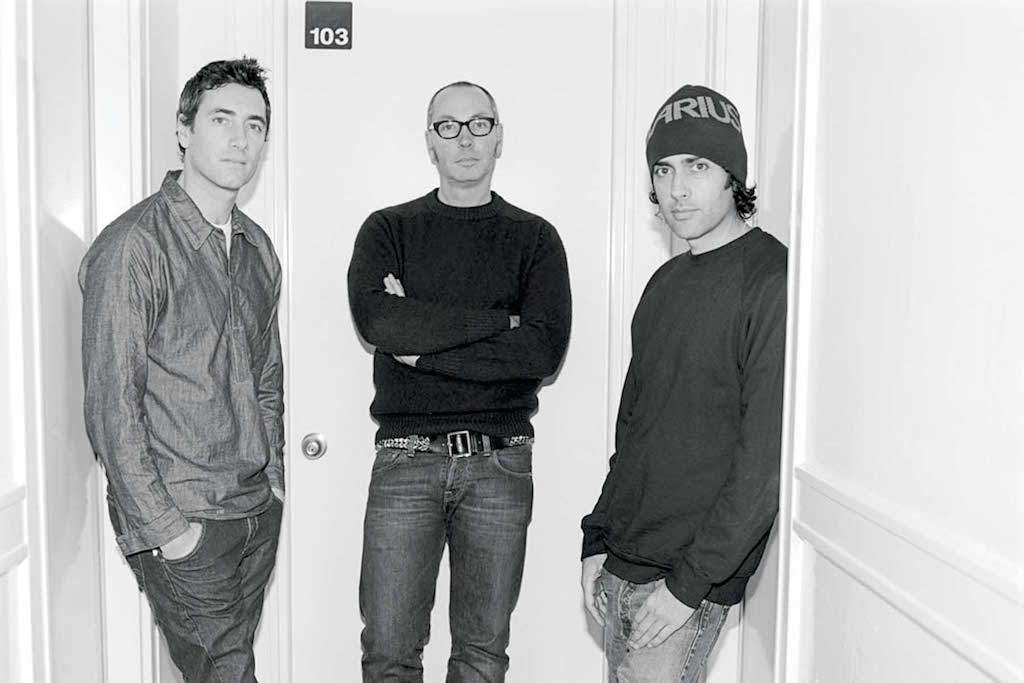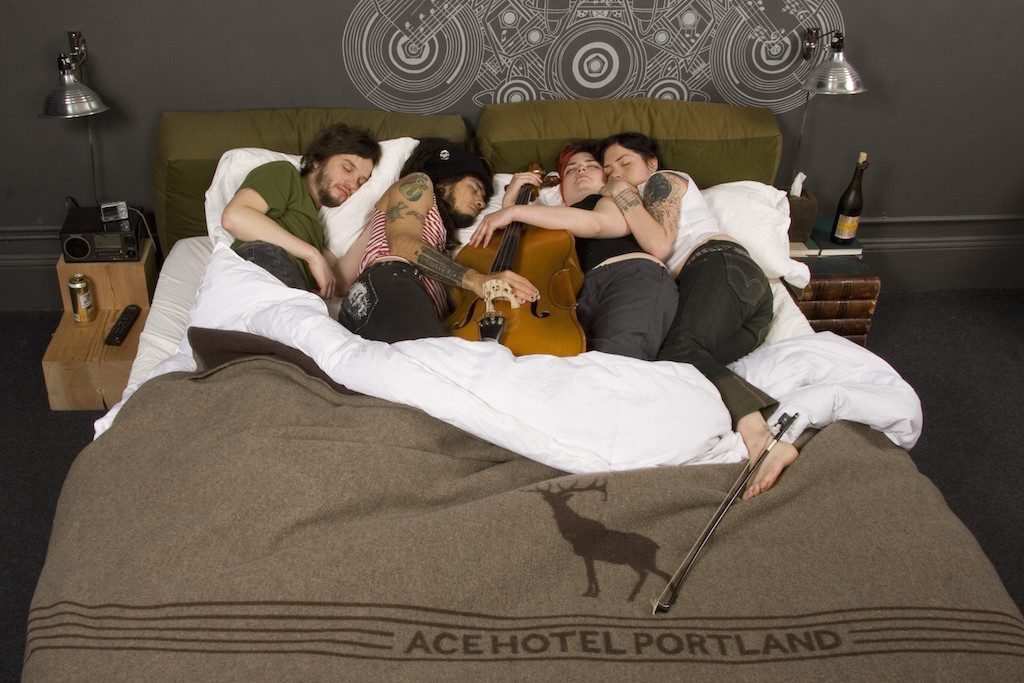What It Was Like to Work With Ace Hotels Co-Founder Alex Calderwood

Skift Take
 Last week we published a 60,000 word account of the early days and evolution of the boutique hotel industry in the United States, the Complete Oral History of Boutique Hotels.
Last week we published a 60,000 word account of the early days and evolution of the boutique hotel industry in the United States, the Complete Oral History of Boutique Hotels.
The story featured interviews with over two dozen key players, and took us from fledgling brands in San Francisco and New York in the early 1980s to the biggest brands in hospitality in the modern era. We'll be running a series of related stories over the coming weeks.
When Kelly Sawdon and Ryan Bukstein first began working with Alex Calderwood, the late co-founder of Ace Hotels, they were interns at his non-traditional marketing and events firm, called Neverstop, in the 1990s.
And since then, however, both Sawdon and Bukstein, both of whom continue to work for Ace Hotel Group, have had a front-row seat to see how Calderwood and his co-founders, Wade Weigel and Doug Herrick, grew what started as a tiny hotel in Seattle to a global hotel company.
Calderwood died unexpectedly in 2013, but his influence continues to live on as the company continues to grow. Skift spoke to Sawdon and Bukstein as part of our Complete Oral History of Boutique Hotels, and here’s what they had to say about what it was like to work with Calderwood.
Kelly Sawdon, former lead producer of Neverstop, now partner and chief brand officer of Ace Hotel Group: I would say Alex was a serial entrepreneur. He always saw opportunities and ways to create new businesses and be innovative. I would say first and foremost, he was really passionate about culture on every different level and I think that he was inspired by everything from history to fashion to music to architecture. He was definitely someone I would say was a visionary and really could see where trends were going or see that industries were becoming a little stagnant or aspects of it were outdated and not evolving as technology and people were changing. He was a really kind and generous person that wanted to help as many people as possible to help them launch their careers.
There are a lot of artists that he took risks on, on some of their first shows in terms of the music industry. There are a lot of artists like Portishead and U.N.C.L.E. that he really championed early on in their careers and helped collaborate or brought them into collaborate on specific projects at Neverstop or at Ace but he was definitely one that loves rooting for the underdog and was not afraid to take risks, was just a great collaborator that really allowed other people's voices to standout and really be heard. It wasn't about him. It was more about great ideas and the people that those ideas came from and yeah, I will let Ryan add to that if he wants to.

A promotional still from the Ace Hotel Portland. The first Ace Hotel in Seattle was created primarily as a place for visiting musicians to stay while they were on tour Source: Ace Hotels Group
Ryan Bukstein, former cultural engineer at Neverstop, now director of PR and marketing for Ace Hotel Group: Yeah, totally, I agree with all that stuff. I think that was a lot of the most meaningful stuff from you with Alex. One thing that I think also was really awesome is if you think about the inclusivity of the Ace brand and Alex really championed a very inclusive sense of how would build his teams and do business. Like, the inclusivity that we champion as a brand also comes from internally how Alex would build the team and look for all sorts of different people to work with him. It would never be this cookie cutter, like one type of person working with us.
He would always be able to see things in people that maybe they didn't even see in themselves and although he was very much in tune with fashion and music and what a lot of people would call like hipster, he just looked at people as people so he wasn't really that what's cutting edge and hip. He hated to use the word hip and think about hip from a certain time period of like what's in now. It was all about like we were trying to build a creative team of interesting people that would create something together and then do something unique and different.
He saw that to do that you had to get all sorts of people and it made it really interesting for us too to make people stick around. You can still see that within our company. Kelly and I both have been doing this like pretty much our whole working lives and we have people on our team that have just celebrated their sixth year with us, sixth, seventh year and it is really cool. It is like a big family and I think Alex really represented that too. He created his business almost as like creating a family around him which we all really loved.
Sawdon: I think just to add to that … I don't want to say pigeonholed but sometimes he was seeing through the lens of the music, the fashion, the things that when someone defines hipster they usually attach those terms to, but he loved science. He loved history. He loved reading about the nerdy things that we also love and so things had more depth to them than just this is a pretty object or a pretty thing. It was about what's the reasoning and rationale behind the existence of that object or thing and where we find inspiration and really diving deep into what had been there before us. What had been there in that neighborhood and that building, like what characters existed in these cities that had really established the beginning culture of these cities that we are opening hotels in.
For even more personal stories about what Alex Calderwood was like as a boutique hotel pioneer, check out Skift’s Complete Oral History of Boutique Hotels, including insights from co-founder Wade Weigel.




